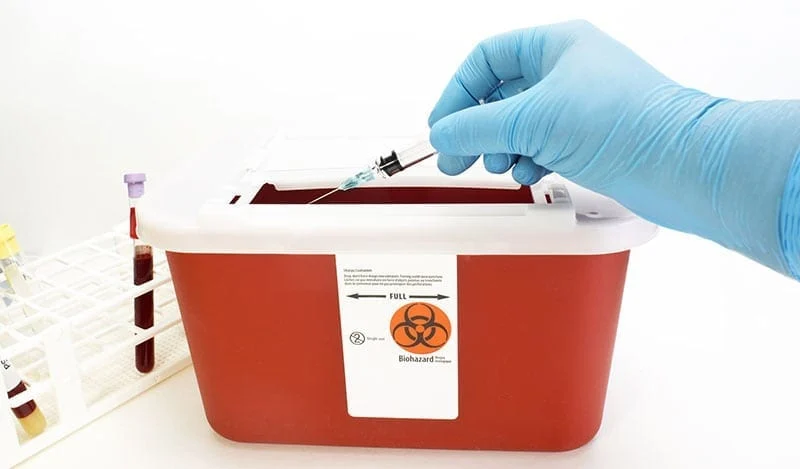Hazardous waste disposal is a significant issue that requires urgent attention due to its severe impact on both human health and the environment. With the rapid growth of industrialization and technological advancements, the production and accumulation of hazardous waste have seen a significant surge over the years. These waste materials pose serious threats to not only the immediate surroundings but also to ecosystems and future generations. It is essential to understand the various aspects of hazardous waste disposal, including its definition, types, and the potential dangers it presents.

Hazardous waste refers to materials that are potentially harmful to living organisms and the environment. It can be a byproduct of industrial processes, agricultural activities, or consumer goods. These wastes contain toxic substances, such as chemicals, heavy metals, radioactive materials, or biological agents that can cause adverse health effects or even death. Proper disposal of hazardous waste is crucial, as it helps safeguard public health and preserve the integrity of ecosystems for sustainable development. This article will delve deeper into the various methods of hazardous waste disposal and explore the importance of adopting responsible and environmentally-friendly practices to mitigate its impact.
The Importance of Responsible Hazardous Waste Disposal
Responsible hazardous waste disposal is crucial for protecting public health and the environment. Improper disposal methods can lead to contamination of air, water, and soil, posing a risk to human and animal populations. Additionally, hazardous waste can have long-term effects on ecosystems, disrupting biodiversity and harming delicate ecosystems.
To ensure safe and effective hazardous waste disposal in Melbourne, Florida, it is essential to follow all regulations and guidelines set forth by local authorities. This includes using approved collection containers, segregating different types of waste, and transporting the waste to licensed facilities for proper treatment and disposal.
Click here for more details on Hazardous waste disposal Melbourne.
Furthermore, responsible hazardous waste disposal also plays a significant role in reducing the potential for accidents and incidents that could harm workers involved in waste management. By implementing proper safety measures and protocols, such as wearing protective equipment and employing trained personnel, the risk of exposure to hazardous materials can be minimized.
Moreover, practicing responsible hazardous waste disposal promotes sustainability and resource conservation. Some waste materials contain valuable resources that can be recovered and reused through appropriate treatment methods. By implementing recycling or recovery processes, significant amounts of energy and raw materials can be conserved, leading to a more sustainable and efficient use of resources.
In conclusion, the proper disposal of hazardous waste is vital for safeguarding public health, protecting the environment, and promoting sustainable development. It is essential for individuals, industries, and governments to recognize their responsibilities in managing hazardous waste and to prioritize the adoption of responsible and environmentally-friendly practices. Through collective efforts, we can mitigate the severe impacts of hazardous waste on both current and future generations.
